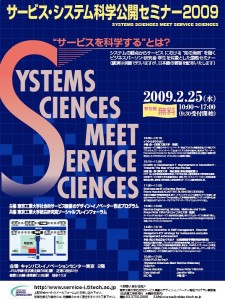When a group of people come together for sensemaking about a situation, it’s pretty typical for someone to start sketching out boxes and lines to improve the clarity of the ideas. Amongst 2 or 3 people, this might be sketching on a napkin. Convening in an office usually suggests that a flip chart or a whiteboard will be used. These media have the advantage of expressiveness — effectively conveying ideas — with the challenge of replicable precision and subsequent intelligibility to people beyond the original participants. As the average business professional has become more adept with computer-based tools, presentation graphics — often as dreaded Powerpoint slides — are common. Although more advanced drawing tools (e.g. vector graphic editors) and specification languages (e.g. UML and SysML) are easily available, the gulf between “easy-to-use” office productivity tools and “rigourous” modeling tools has yet to be bridged.
Based on a legacy of collaborations with IBM Research, my colleague Ian Simmonds pointed out the upcoming workshop on “Flexible Modeling Tools” at Cascon 2009 — a short commute within the Toronto area — with the following description.
… Read more (in a new tab)This workshop will explore why modeling tools are not used in many situations where they would be helpful and what can be done to make them more suitable.
For example, during the exploratory phases of design, it is more common to use white boards than modeling tools. During the early stages of requirements engineering, it is more common to use office tools.



